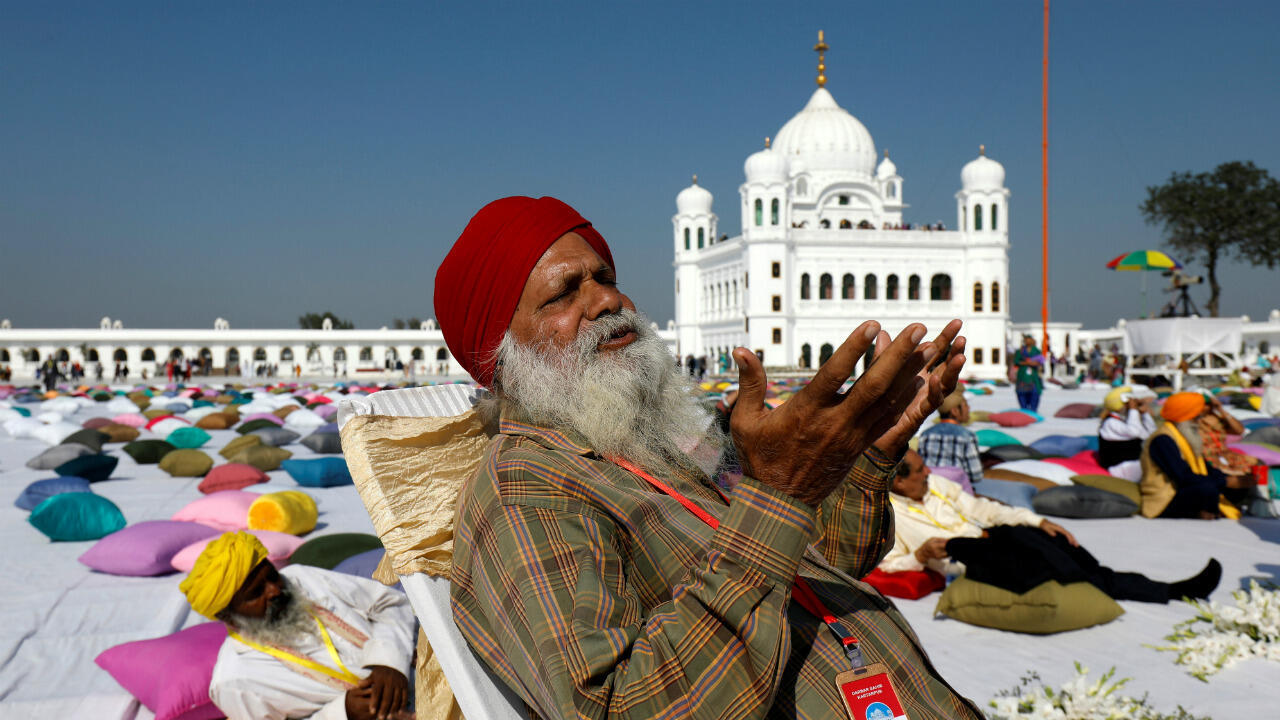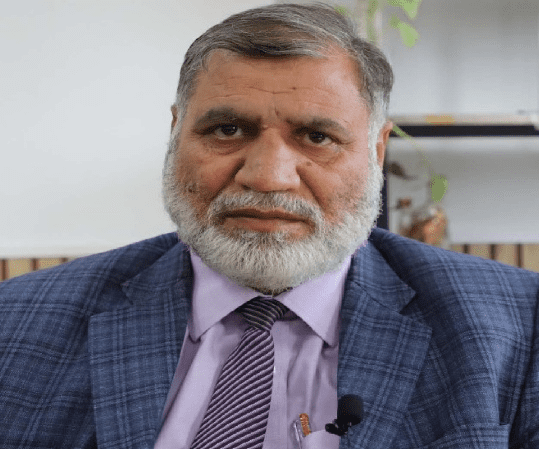In Narendra Modi’s India, Sikh identity is being threatened, posing grave risks to democracy and minority rights. Previously esteemed for their contributions to the Indian independence movement and community service, Sikhs are now subjected to a cloud of mistrust. The consequences of the Indo-Pakistan stalemate have intensified the militarization of national security discourse, enabling the Indian government to methodically identify, monitor, and prosecute individuals inside the Sikh community. This issue transcends mere political dominance; it is an obliteration of identity masquerading as nationalism.
Since the ascendance of Modi’s Bharatiya Janata Party (BJP), its adoption of Hindutva nationalism has significantly constrained pluralism. In this more authoritarian context, Sikhs who affirm their identity or advocate for civil freedoms are promptly labelled as “Khalistanis” or “anti-nationals.” This narrative suppresses dissent and reinforces a majority-oriented perception of national unity. Even benign manifestations of Sikh grievances, such as agricultural demonstrations or calls for religious autonomy, are increasingly being seen as threats to national security.
The characterization of Sikhs as Pakistani spies or separatists has been exacerbated by events such as the Pahalgam incident. The Indian authorities used the tragedy to initiate a widespread campaign of intimidation instead of carrying out a thorough inquiry. The outcome was an escalation of monitoring and a surge of capricious detentions. Six Sikhs were arrested on allegations of espionage, no trial or evidence, merely due to their ethnic and religious identification. The lack of due process underscores the degree to which justice has been halted for minorities under Modi’s administration.
State-affiliated media have significantly contributed to reinforcing these notions. National media networks and publications often replicate government narratives, categorizing Sikh organizations, many engaged in charitable and communal service, as “terror-linked.” The National Investigation Agency (NIA) conducted raids on gurdwaras and humanitarian organizations in Punjab, alleging “terror funding” without providing proof. These efforts constitute a concerted campaign to undermine the legitimacy of Sikh civil society by conflating religion, activity, and radicalism.
The state’s abuse of Sikh holy areas is perhaps the most troubling aspect. The Golden Temple in Amritsar, a sacred Sikh landmark, has been inaccurately portrayed by Indian officials as being safeguarded by missile defence systems. In actuality, it is deficient in sufficient protection against internal dangers, and there have been alarming accounts of state-sponsored hostility against worshipers. This deception seems designed to incite fear and distrust among Sikhs against neighbouring Pakistan, notwithstanding Pakistan’s symbolic actions, such as the opening of the Kartarpur Corridor, which Sikhs perceive as a show of religious respect and friendliness.
The disparity between Pakistan’s diplomatic initiatives and India’s internal repression has prompted several Sikhs to express gratitude towards Pakistan. The Indian state exploits this to portray the whole community as disloyal or treacherous. This is a circular logic that criminalizes dissent and any statement of identity that deviates from the uniform representation of Hindu nationalism.
India’s neglect of its Sikh heroes exacerbates the sense of estrangement. Prominent figures such as Bhagat Singh, who heroically fought for India’s freedom, get less recognition in contemporary political debate. Banda Singh Bahadur, a prominent Sikh warrior, is mostly overlooked outside the Sikh community. Their spiritual and intellectual successors are now being incarcerated without proof, portrayed as adversaries of the country they contributed to establishing.
The targeting has extended beyond the Sikh community. Jyoti Malhotra, a Hindu journalist recognized for her impartial and empathetic reporting on Pakistan, was recently arrested on charges of espionage. Her actual transgression, it seems, was depicting Pakistan in a nuanced manner, an affront the Modi administration cannot abide. This indicates a wider trend: individuals, whether of being Sikh or not, who contest the official narrative face potential governmental retribution.
Modi’s India is not alone apprehensive of opposition; it is fearful of truth. The Sikh community, renowned for its heritage of confronting authority with truth, is now suffering the consequences of that fear. Whenever they vocalize their concerns, be it for agricultural rights, opposition to police violence, or advocacy for religious freedom, they encounter intimidation, incarceration, or defamation. Their patriotism is scrutinized, their past is revised, and their futures are endangered.
The criminalization of Sikh identity is not only a domestic matter; it has significant ramifications for regional stability and human rights. By equating genuine complaints with separatism and disregarding the cultural and religious distinctiveness of minorities, India jeopardizes the cohesion of its society. In a pluralistic democracy, disagreement is not treason; it is the lifeblood of a robust society.
If India really aspires to lead in the global democratic framework, it must cease the persecution of those who challenge authority. It must permit Sikhs, and all minorities, the freedom to exist, articulate, and seek justice without apprehension. Until that time, Modi’s India will persist as a country where identification is a transgression and quiet is the cost of existence.








